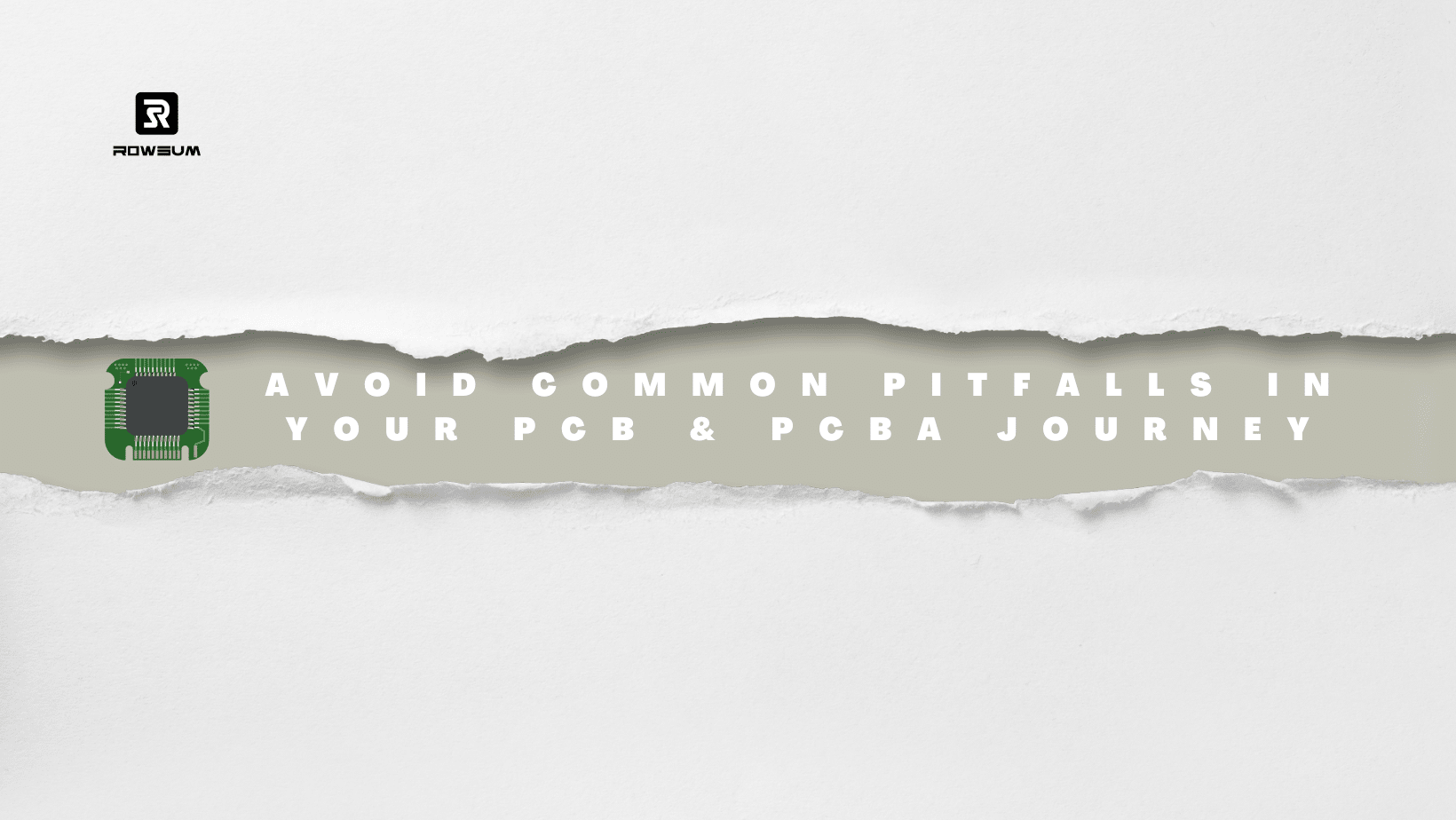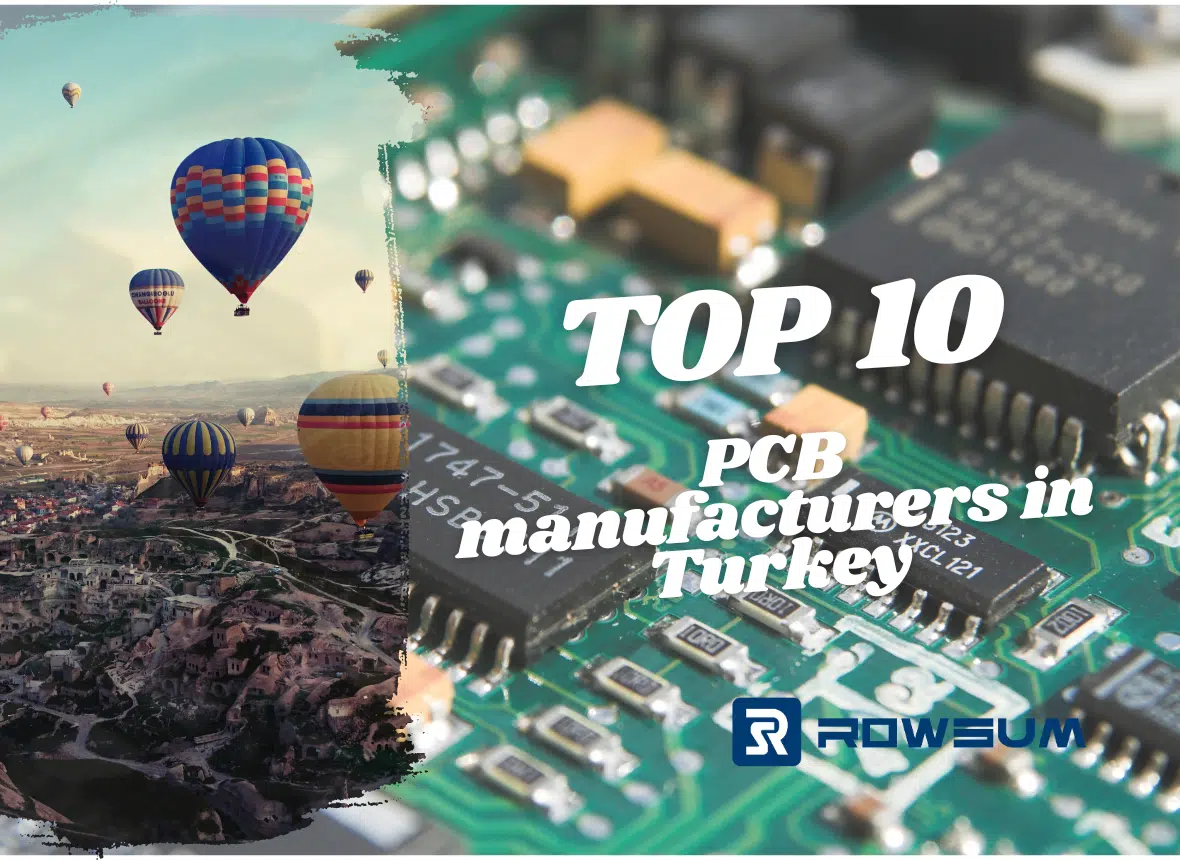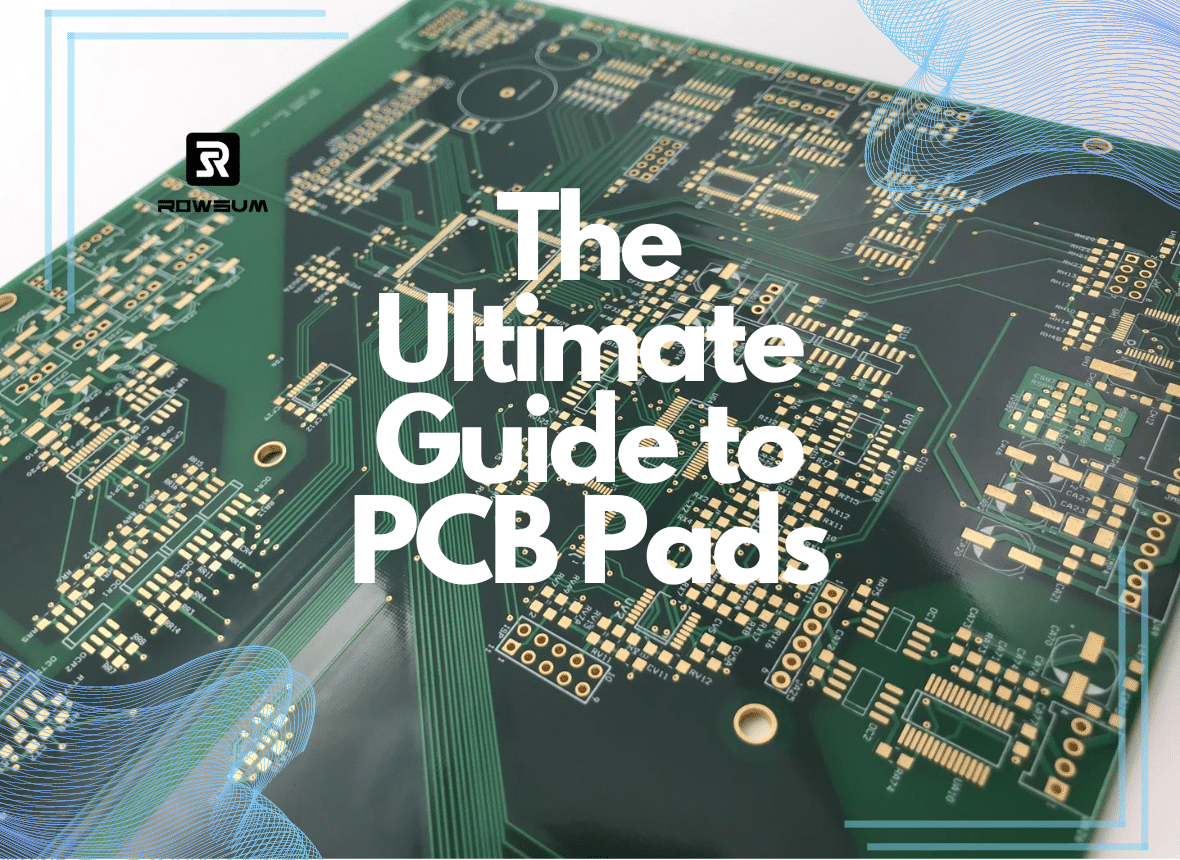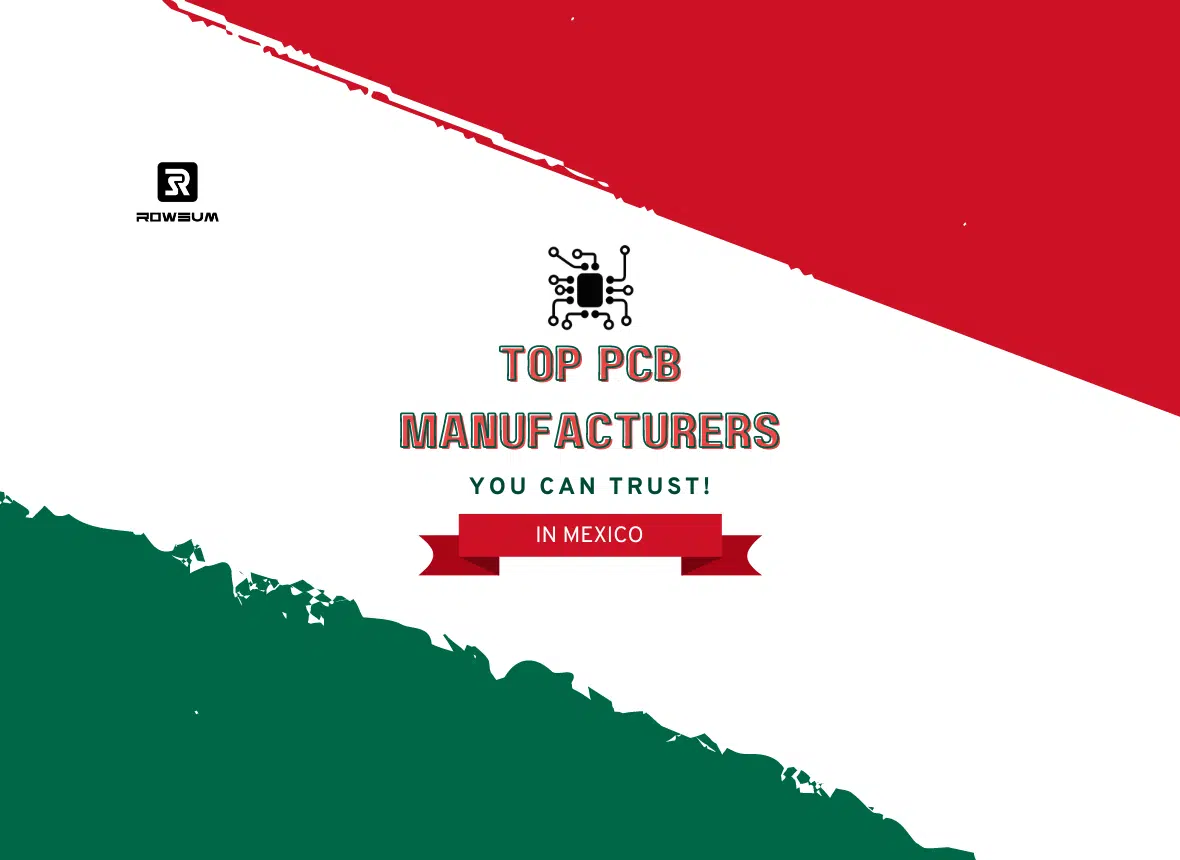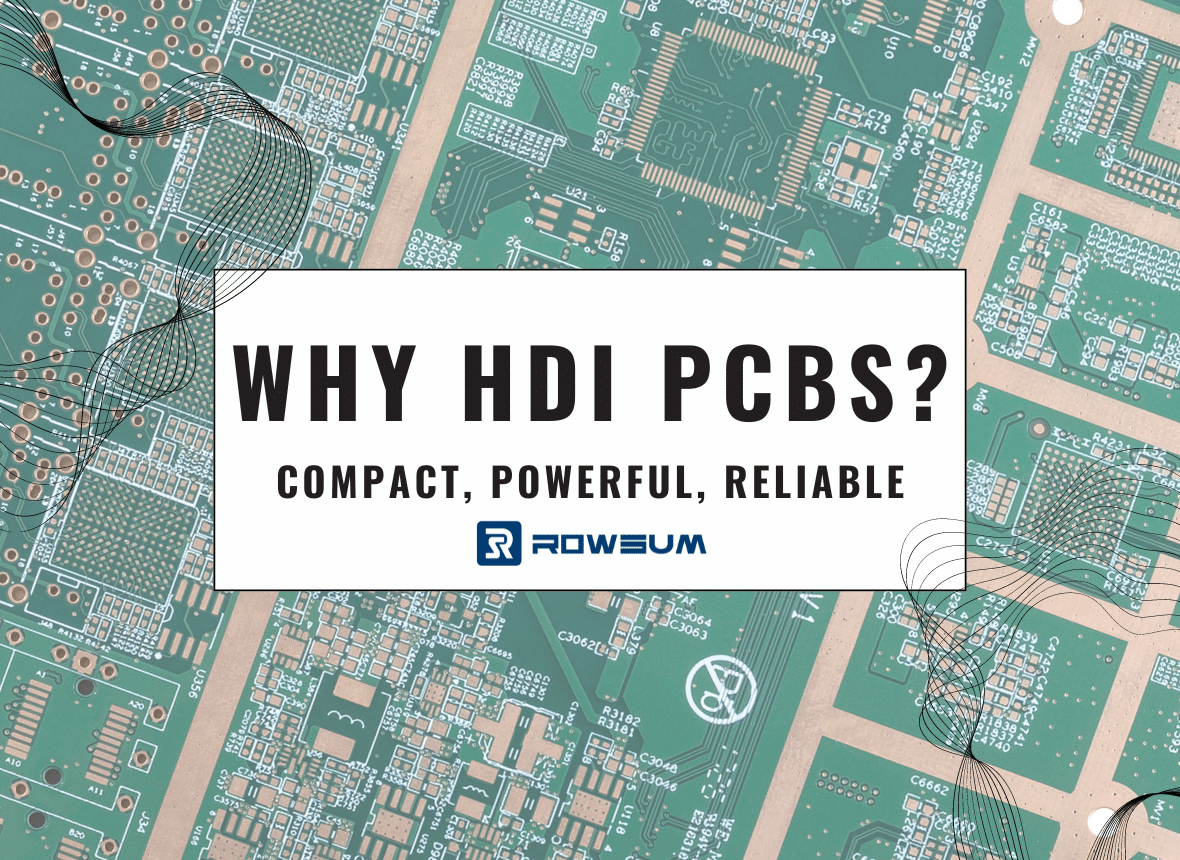Introduction
Ever felt overwhelmed when sourcing both PCB and PCBA for your projects? Maybe you’ve been stuck trying to figure out what documents your manufacturer actually needs for an accurate quote. Or perhaps you’ve been baffled by the maze of quality certifications, not knowing which ones are essential for your specific needs. If these challenges hit close to home, you’re in the right place.
Here’s the deal: Sourcing PCB and PCBA isn’t just about picking a supplier and placing an order. It’s a complex dance that involves precise documentation, open communication, and a solid grasp of both technical and logistical details. This article is your go-to guide for navigating these tricky waters. We’ll break down the must-knows for each phase of the process: from getting an accurate quote to managing quality during production, all the way to ensuring your shipment clears customs without a hitch.
Pre-Procurement Stage: Navigating the Initial Hurdles
Understanding Your Needs
Cost and Time Estimation: The Importance of Complete Information
How much will this project cost, and how long will it take? These are probably the first questions you have, and rightfully so. But here’s why complete information is crucial for you: An accurate quote isn’t just good for us; it’s essential for your planning and budgeting. So, instead of thinking you’re just sending over some files for our sake, understand that these details—like production volume, technical parameters, and preferred component manufacturers—help us tailor the quote to fit your exact needs. The more you share, the more you benefit.
Timeframe Expectations: The Need for Clear Communication
When will my project be completed? This is a crucial question, and we get why you’re asking it. Here’s what you need to know: Manufacturers generally estimate the project timeline based on the volume and complexity of your order. If you have special requirements or tight deadlines, it’s essential to discuss these upfront. This way, we can avoid any misunderstandings that could lead to delays. Many manufacturers offer expedited services for an additional fee. However, some are willing to prioritize your project without extra charges. The key is clear communication from the start, so both parties know what to expect.
The Dilemma of Component Sourcing: Local Alternatives
Should you stick to the original components listed in your BOM, or consider local alternatives? This question often arises, especially when the components you need are from overseas brands, leading to high costs and longer lead times.
Here’s a practical tip: If you’re open to using local alternatives, make sure to inform your manufacturer upfront. But don’t stop there. Insist on confirming the specifications of the local components before they are used in production. This way, you can ensure that the local alternatives meet your project’s requirements while potentially saving both time and money.
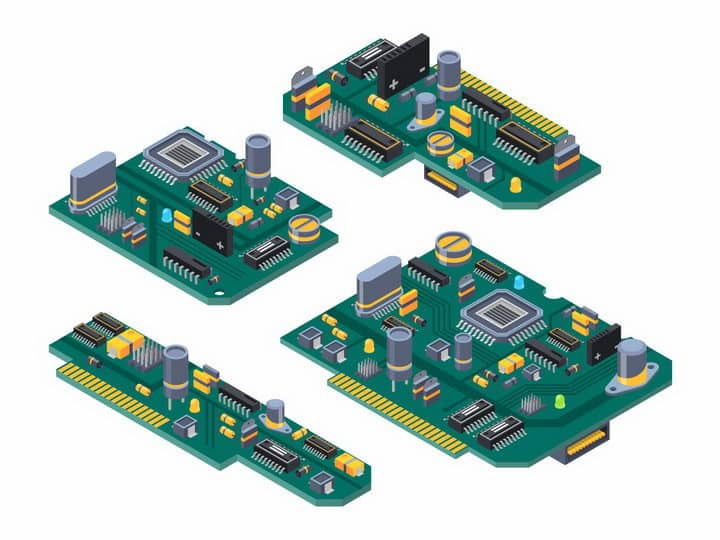
No Files, Just a Sample: The Limitations of Visual Quoting
So, you have a sample board in hand but no files to go along with it. You might think, “This looks simple; why can’t they just give me a quote?” While it’s tempting to assume that a visual inspection is enough, it’s far from the truth. Manufacturers need detailed files to provide an accurate quote because the devil is in the details—details that are not visible just by looking at the board.
For instance, the material specifications, layer count, and surface finish are critical factors that influence the cost and production time. Even if the board looks simple, these hidden details can significantly impact the quote you receive.
The key takeaway? Always provide as much information as possible for an accurate quote. If you only have a sample, consult with your manufacturer about the next steps. They may be able to reverse-engineer the board, but it will likely come at an additional cost and time.
Prototype vs. Mass Production: Know Your Scale
When it comes to PCB&PCBA sourcing, understanding the scale of your project is crucial. You might be tempted to think, “Why does the scale matter? Isn’t it just about making boards?” Well, not exactly. Different manufacturers specialize in different scales of production, and choosing the right one can save you both time and money.
For example, quick-turn factories like JLCPCB excel in rapid delivery and cost-effectiveness for small batches. They achieve this by combining multiple small orders into one production run, thus reducing the overall cost. However, their pricing model loses its edge when you scale up the quantity.
On the other hand, manufacturers like us, who specialize in mass production, can offer better pricing for larger orders. We distribute the cost across each production step, making it more cost-effective in the long run.
The key takeaway? Always discuss your production scale with your manufacturer upfront. Whether you’re looking at a prototype or a mass production run, this conversation will help you make an informed decision that balances cost, time, and quality.
Design Stage: From Idea to Blueprint
So you have an idea or saw an intriguing product? That’s a great starting point, but it’s far from sufficient for a quote or to kick off production.
Why is that? Detailed designs, including hardware and software specifications, are essential for accurate cost and time estimates.
Common Pitfalls: Assuming that an idea alone is sufficient or that replicating a seemingly simple product should be free. Both are misconceptions.
What You Need to Prepare: Before approaching us for design services, make sure you have a clear understanding of your product’s functionality, target market, and any specific technologies or components you wish to use. The more details you provide, the more accurate and efficient the design process will be.
Key Takeaway: Always come prepared with a well-defined design or set of requirements for accurate quotes and a smooth production process.
Certification Requirements: Don’t Overlook the Legalities
When sourcing PCB&PCBA, certifications like ISO 9001, UL, and RoHS are more than just a formality; they are essential for ensuring quality, safety, and compliance with international standards.
However, it’s crucial to go beyond the surface and understand the scope of these certifications. For instance, a genuine manufacturer will have certifications that specifically mention “PCB Manufacturing,” while a trader or middleman might only have certifications for “PCB Sales.” This distinction is vital as it directly correlates with the manufacturer’s commitment to quality and their capabilities.
Different sectors like medical and automotive have specific certifications, such as ISO 13485 for medical devices and IATF 16949 for the automotive industry. While your product may not require these specialized certifications, partnering with a manufacturer that holds multiple certifications can be beneficial. The more certifications they have, the higher their commitment to quality standards.
Concerned About Project Confidentiality? Here’s Why an NDA Matters
Worried that your project details might get leaked? We get it. The solution is simple but crucial: Sign an NDA.
An NDA isn’t just paperwork; it’s your peace of mind. It ensures that whatever you share with us stays between us. So, before you send over those files or dive into project specifics, let’s get that NDA signed. It’s a straightforward way to make sure we’re all on the same page about keeping your ideas safe.
Navigating Challenges and Misconceptions During Production
Understanding Production Timelines: Why Is My Project Stuck?
One of the most common questions we get from clients is about the status of their project. “What stage is my project at? Why has it been at this stage for 3-4 days without any progress?” From a manufacturer’s perspective, all orders go through a production scheduling process, which can sometimes result in a project waiting at a particular stage. However, there’s no need for concern. These waiting periods are already accounted for in the delivery timeline confirmed before the order, so they won’t affect the overall delivery schedule. If any issues arise during a specific stage, we will contact the client immediately, minimizing the chances of project delays.
Why Changes Aren’t Allowed Mid-Production: Quantity and File Adjustments
A common question we hear is, “Why can’t I change the quantity or update the files during production?” The answer is straightforward. Changing the order quantity can lead to delays as it requires repurchasing components, and it may also affect the overall cost. Modifying dimensions or circuit paths means that any PCBs already produced would be scrapped, and the new design would need to go through validation again.
Unforeseen Delays: What You Should Know
You might be wondering, “What could possibly go wrong? My project seems straightforward.” While we do our best to stick to the timelines, there are variables that even the most experienced manufacturers can’t control. For instance, components might be delayed in transit or fail quality checks upon arrival. These are not just ‘manufacturer problems’; they’re industry challenges that could happen to any project.
But here’s the silver lining: We work with reputable suppliers and have contingency plans for such scenarios. While these factors might add some buffer time to the initial estimate, they won’t derail your project. The key is open communication. If any such delays occur, you’ll be the first to know.
Special Testing Requirements: Discuss Upfront
When it comes to quality assurance, standard tests like AOI (Automated Optical Inspection) and fixture testing are usually part of the package. However, you might have specific needs that go beyond these standard procedures. Perhaps you require drop tests, vibration tests, or waterproofing tests for your product.
Here’s the deal: These special tests often require additional time and resources, which means they can extend the project timeline and possibly affect the cost. That’s why it’s crucial to discuss these requirements upfront during the quoting stage. This way, we can factor them into the project estimate and timeline, ensuring no surprises down the line.
For more specialized testing, we typically collaborate with professional testing agencies and provide comprehensive test reports to ensure the highest level of quality assurance.

Navigating Post-Production: Packaging, Shipping, and After-Sales
Packaging Pitfalls: What You Need to Know
You might be tempted to think of packaging as a simple box that holds your product, but it’s far more than that. Different products have unique requirements—anti-static bags for sensitive components, custom foam inserts for fragile items, and so on. So when you wonder, “Why can’t I use standard packaging for all products?” remember that these specialized packaging options are there to ensure your product arrives in perfect condition.
Last-minute changes to packaging are another common pitfall. While it might seem like a minor detail, altering packaging at the eleventh hour can lead to delays and additional costs. It’s not just an afterthought; it’s an integral part of the production process that should be finalized upfront.
And about those labels—each one serves a specific purpose, whether it’s for shipping, inventory, or customs clearance. They’re not just stickers; they’re crucial for smooth transit and delivery. Incorrect or incomplete labeling can result in delays or even failed deliveries.
Shipping Snags: Navigating the Complexities
One of the most common misconceptions we encounter is the expectation of an accurate shipping quote at the project’s outset. The reality is, until the packaging is complete, we can’t determine the exact weight and dimensions of the shipment. Therefore, a precise shipping cost can only be provided once the project is finalized.
As for the choice of carriers, we generally opt for DHL, FedEx, EMS, and UPS for PCBA products. It’s a common misconception that sea shipping would be the default for such goods. In fact, express couriers are usually the go-to option for PCBA products due to their sensitive nature and the need for quicker delivery.
After-Sales Support: Setting the Right Expectations
When it comes to after-sales support, there are a couple of common misconceptions. First, some clients assume that once the product is delivered, the manufacturer’s job is done. In reality, a reputable manufacturer stands by the quality of their products and is committed to resolving any issues that may arise.
Immediate Communication is Key: If any issues are discovered, it’s crucial to communicate with the manufacturer as soon as possible to identify the problem and discuss potential solutions.
Small Quantity Issues: If only a small number of units are affected, the manufacturer should promptly send replacements.
Batch-Wide Issues: If an entire batch is affected, it’s essential to quickly identify the root cause. For minor issues that the client can resolve, any labor costs incurred should be communicated to the manufacturer. For major issues affecting the entire batch, the products may need to be returned for repair, following discussions between the client and the manufacturer.
Frequently Asked Questions (FAQ)
1. I’m new to buying PCB&PCBA. What should I really focus on?
- No worries, we’ve got you covered! The key is to understand the whole process, have your tech files ready, and maintain open communication with us. Good communication can solve half the problems, and we’re always here to help.
2. What if I only have a sample and no design files?
- We’ve got a solution for that! At Rowsum, we offer reverse-engineering services. We can replicate your sample board, but keep in mind it’ll likely cost you extra time and money. So, if you can get those design files, that’s your best bet.
3. Can I provide some of the components myself?
- Absolutely! We’re flexible and do support customer-supplied components. Just make sure to discuss this with us before kicking off the project.
4. What if I’m in a rush and need my order ASAP?
- We understand that sometimes you’re in a time crunch. Just make sure to discuss this upfront with us. We might be able to expedite your order, but be prepared for some extra fees.
5. How do I know Rowsum is eco-friendly and safe?
- Excellent question! We hold certifications like RoHS and ISO 14001 to ensure we meet international standards. You can always ask to see these certifications for your peace of mind.
6. Can I get custom packaging and labels?
- Of course! We offer custom packaging and labeling options. Just make sure to finalize these details with us early on, as custom requests can sometimes add to the overall cost.

